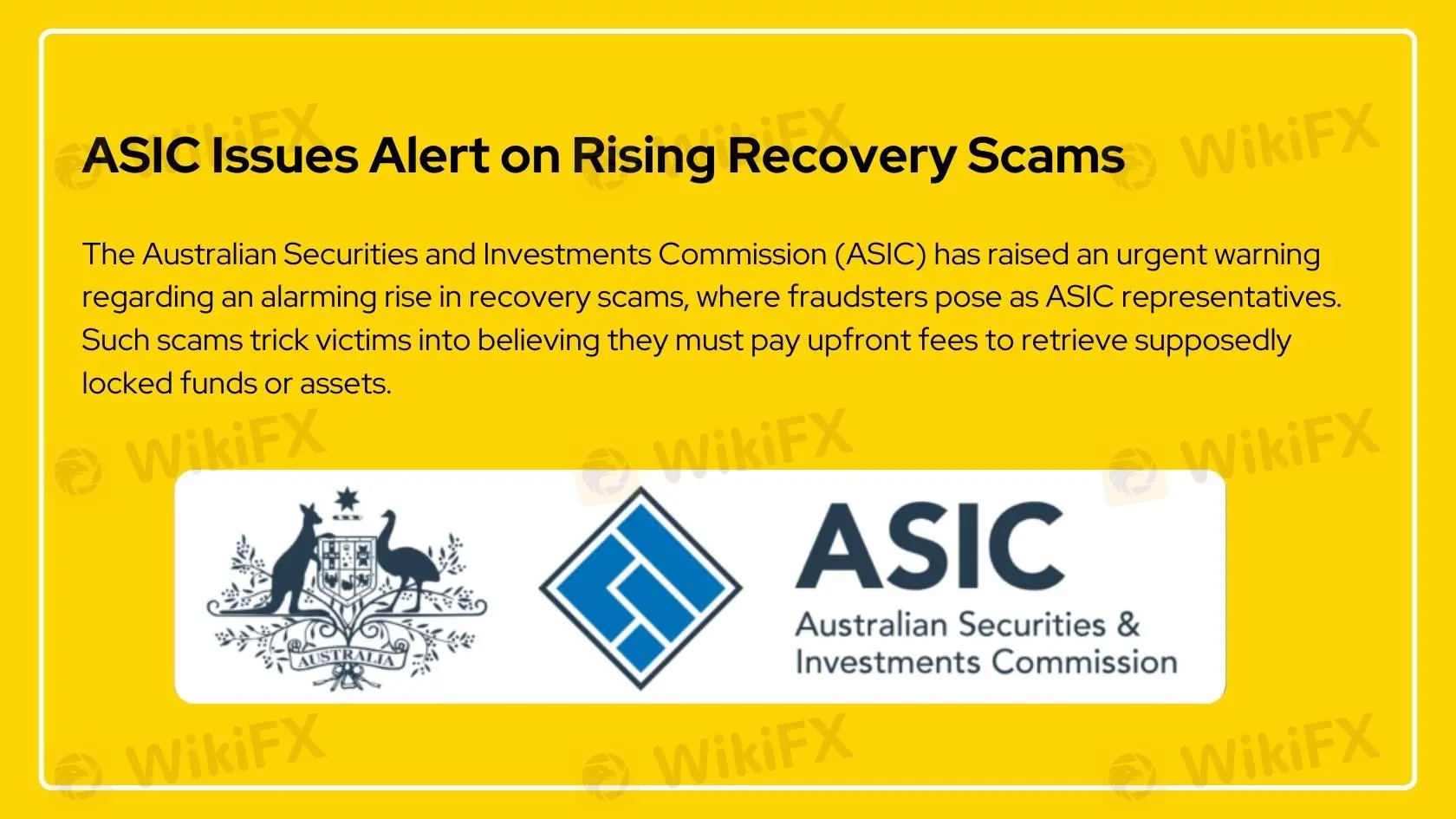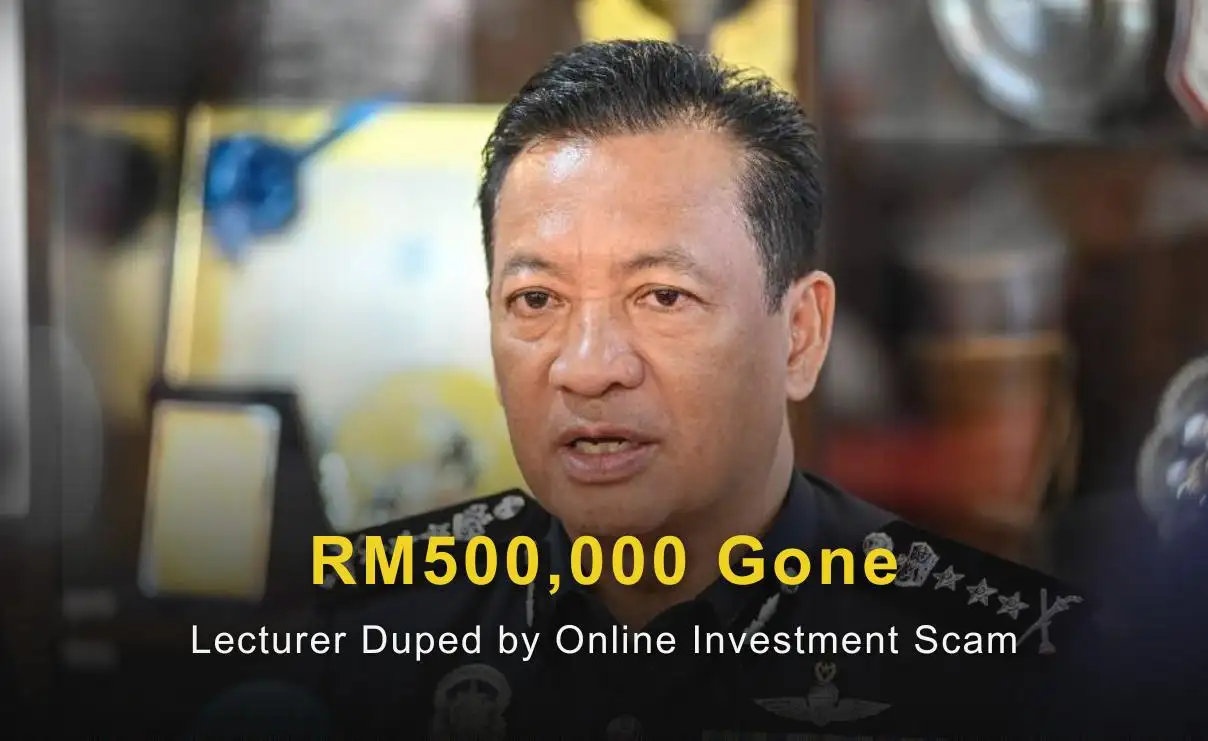Abstract:The Australian Securities and Investments Commission (ASIC) has raised an urgent warning regarding an alarming rise in recovery scams, where fraudsters pose as ASIC representatives. Such scams trick victims into believing they must pay upfront fees to retrieve supposedly locked funds or assets.

Fraudulent Impersonation of ASIC
Scammers typically initiate contact via email, text messages, or phone calls, pretending to be from ASIC. In recent cases, scammers have specifically requested payments in US dollars to purportedly enable the release of investor funds. ASIC strongly clarifies it never charges fees for releasing assets or funds under any circumstances.
Recovery scams are particularly harmful because they target individuals already impacted by previous scams, exploiting their desperation to recover lost funds. ASIC emphasizes that investors should remain skeptical of anyone promising fund recovery in exchange for fees.
Recognizing and Avoiding Recovery Scams
ASIC emphasizes several key points to help investors spot these scams:
• No Payments Required: ASIC never demands payment in any currency—traditional or digital—including cryptocurrencies or stablecoins, to release locked funds or assets.
• Verifying Legitimacy: All official ASIC communications originate exclusively from email addresses ending in “@asic.gov.au”, and phone calls will only come from Australian numbers (country code +61).
• Unauthorized Use of ASIC Logo: Third-party entities are prohibited from using ASICs logo or claiming endorsement of services.
How to Respond if Contacted by Scammers
If you receive unsolicited communications claiming to be from ASIC:
• Immediately terminate the call or stop replying to emails or texts.
• Independently verify the contact by calling ASICs official number .
• Report suspicious activities to ASIC and Scamwatch.








